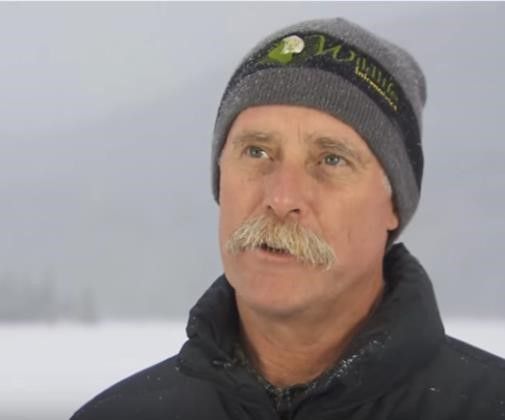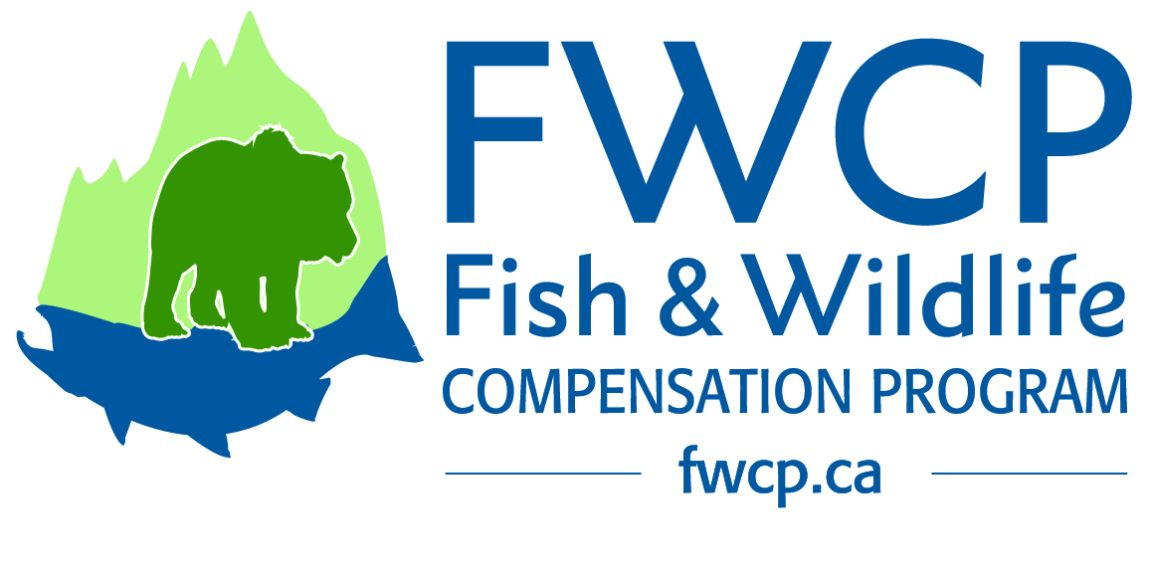NRESi/FWCP special colloquium: Navigating the uncertain and difficult road to restoration and recovery of Klinse-Za caribou - Dr. Scott McNay Senior Wildlife and Forest Ecologist, Wildlife Infometrics Inc.

While there are no examples of caribou populations that have been fully recovered from near extirpation, that is the objective shared by Canada, British Columbia, and two First Nations communities for the Klinse-Za caribou herd. Having used direct population management to successfully avert extirpation of the herd in the short-term, restoration of humanaltered caribou habitat is now the fundamental management action being used to achieve a self-sustaining population. But the way to achieve the necessary restoration is fraught with uncertainty and socio- and economicchallenges. I will discuss why restoration is so fundamental to recovery, what habitat restoration actually is, what some of the implementation challenges have been, what we have accomplished so far, and what is left to achieve.
The Natural Resources & Environmental Studies Institute (NRESi) at UNBC hosts a weekly lecture series at the Prince George campus. Anyone from the university or wider community with interest in the topic area is welcome to attend. This special presentation will only be available online. Go to http://www.unbc.ca/nres-institute/colloquium-webcasts to view the presentation.
Past NRESi colloquium presentations and special lectures can be viewed on our video archive, available here.

This event is funded by the Fish & Wildlife Compensation Program (FWCP). The FWCP is a partnership between BC Hydro, Fisheries & Oceans Canada, First Nations, Public Stakeholders and the Province of BC, to conserve and enhance fish and wildlife in watersheds impacted by existing BC Hydro dams.
Contact Information
Al Wiensczyk, RPF
Research Manager,
Natural Resources and Environmental Studies Institute
Phone: 250-614-4354
Phone: 250-960-5018
Email: al.wiensczyk@unbc.ca